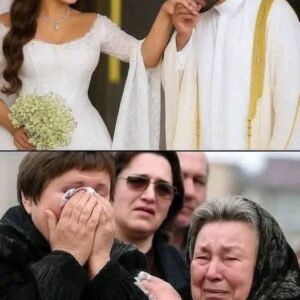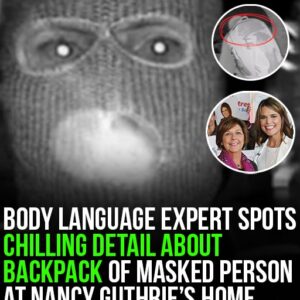At 2 a.m. on a silent highway, our car broke down. My wife, Amrita, and I were stranded until a young man in an old Toyota Corolla stopped. His name was Zayd, a college student who tutored underprivileged kids at Bright Steps Learning Center. He refused money, drove us to town, and disappeared.
Years later, we saw him on the news — “Former Foster Child, Harvard Graduate Elected Mayor.” It was Zayd.
Then I remembered: soon after that night, I had filed a zoning complaint that shut down a small tutoring center. Its name — Bright Steps.
During his victory speech, Zayd said:
“To those who opened doors — I remember you. To those who closed them — I remember you, too.”
I went to his public meet-and-greet, confessed what I had done. He smiled and said, “If Bright Steps hadn’t closed, I might never have moved forward. I don’t hold grudges — but I remember. It’s how we grow.”
That moment changed us. Amrita and I started helping foster kids and families — not from guilt, but because his grace inspired us.
Months later, at City Hall, during his Rebuild Roots initiative, he pointed to us and thanked us — for our kindness and our mistakes.
And we understood: redemption isn’t erasing the past, but choosing to live differently because of it.



